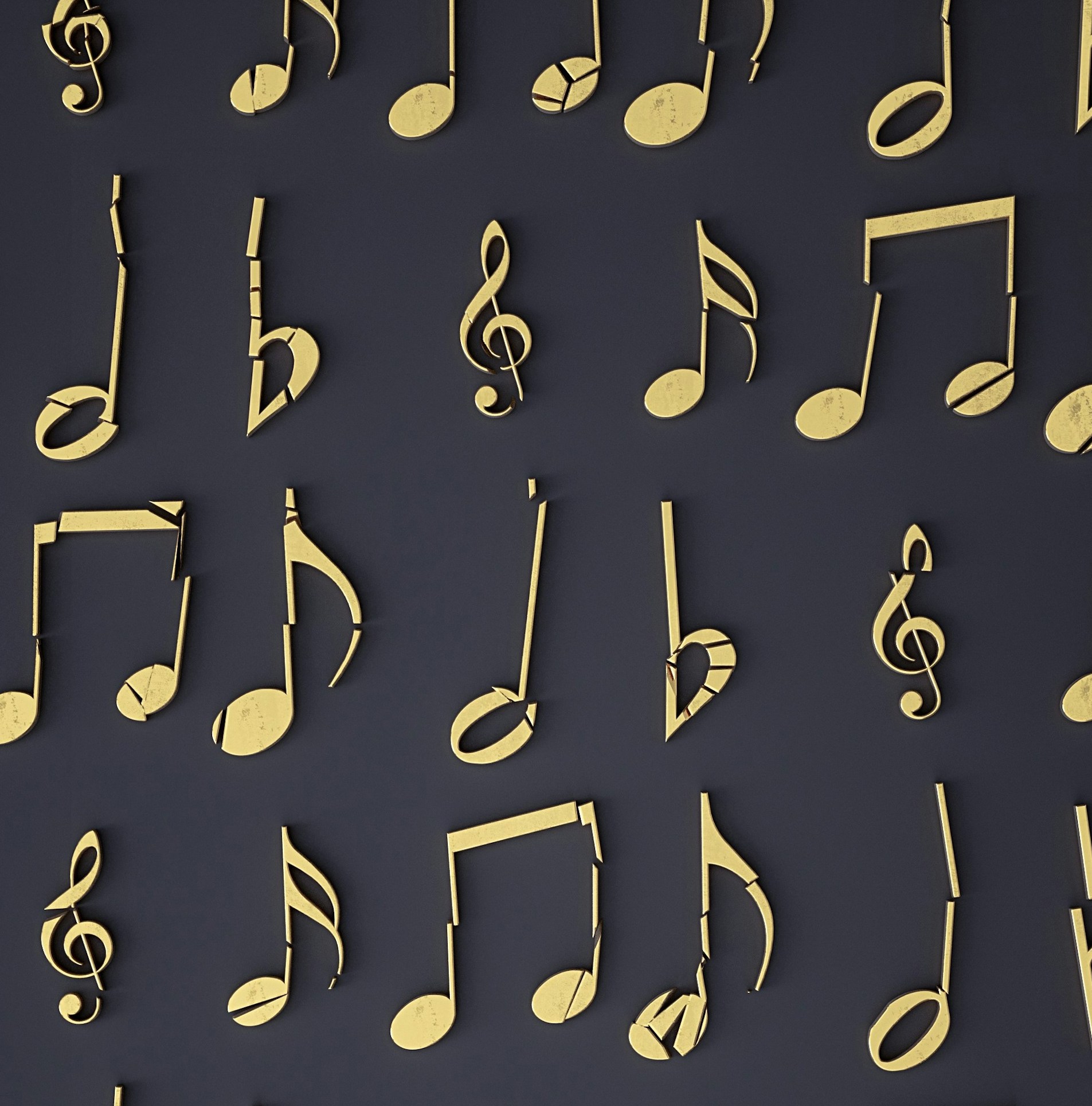Oferta de empleo: Copista musical para trabajar en el Proyecto ChordIA

About the Instituto Complutense de Ciencias Musicales (ICCMU)
The Instituto Complutense de Ciencias Musicales (ICCMU) is Spain’s leading academic centre dedicated to music. As part of the Universidad Complutense de Madrid, the ICCMU boasts over 30 years of experience in scientific research, the recovery and dissemination of musical heritage, and specialized music education. We are committed to promoting activities related to the creation, performance, and dissemination of music. The ICCMU is currently a partner in several major research projects, including two ERC Advanced Grants and the new synergistic project ChordIA-CM, funded by the Comunidad de Madrid.About the ChordIA Project
The ChordIA-CM project: «Unveiling Musical Grammar», funded by the Comunidad de Madrid is a groundbreaking synergistic research initiative focused on studying the emergence and consolidation of the tonal system in Western music (1580-1750). This collaborative project brings together researchers from the Instituto Complutense de Ciencias Musicales (ICCMU), the Universidad Nacional de Educación a Distancia (UNED-LENAR), and professionals from the Universidad Complutense de Madrid (UCM), under the leadership of Prof. Dr. Álvaro Torrente Sánchez-Guisande (ICCMU / UCM) and the Associate Professor Salvador Ros Muñoz (UNED).Project AimsChordIA’s core objectives are
1. To create a large-scale, multimodal dataset of thousands of musical works (1580-1750), including digital scores (MusicXML, MIDI, MuseScore), harmonic annotations, text, and audio.
2. To develop an optimized sequencing format for training Large Language Models (LLMs) on symbolic music data.
3. To conduct a diachronic study of the relationship between poetic structure and harmonic planning using NLP techniques.
4. To design an agent-based architecture and multimodal models for the advanced analysis of harmony.
5. To establish a comprehensive evaluation framework and leaderboard for musical language models.
JOB OFFER
ICCMU and the ChordIA project value diversity and are committed to creating an inclusive environment for all employees. We encourage applications from individuals of all backgrounds, including but not limited to race, ethnicity, gender, sexual orientation, age, and disability.
The Role: Music Engraver
The ChordIA project seeks to hire a highly qualified Senior Music Engraver with meticulous attention to detail and experience in music from the 16th to the 18th century.
Your primary role will be the expert digital transcription (copying) of scores and the preparation of high-fidelity musical editions from manuscript and printed sources. Your work will be essential for the creation of the project’s digital corpus, which forms the basis for all computational analysis. This position is hired by ICCMU and funded by the ChordIA-CM project (Comunidad de Madrid).
As a key member of the ChordIA project, you will
• Digitally transcribe 16th-18th century music manuscripts and prints (full scores, parts, etc.), strictly adhering to the editorial criteria established by the ChordIA project.
• Create, professionally lay out, and manage digital music files (e.g., Dorico, MuseScore, MusicXML, PDF) according to project standards.
• Precisely and efficiently incorporate corrections and revisions into digital scores, in collaboration with the project’s proofreader.
• Write concise critical notes regarding interventions and decisions made during the transcription process.
• Assist the Data Scientist in reviewing and adapting the digital music corpus based on new criteria arising from computational analysis.
• Efficiently use the project’s communication and task-tracking tools (e.g., Trello, Slack).
• Provide technical support and mentorship to students in training on digital copying and editing tasks.
Candidate’s Profile
• Advanced university degree in Music (e.g., Composition, Conducting, Musicology, or an instrumental specialty with a solid theoretical foundation) or a Master’s degree in Musicology.
• Solid and exhaustive musical training ensuring the ability to interpret and transcribe complex scores from the 16th to 18th centuries (e.g., polyphony, thorough bass, early orchestral scores) without errors.
• Expert professional command of Dorico music notation software. Proficiency in Finale will be highly valued.
• Deep knowledge of music notation file formats (MusicXML, MIDI) and their interoperability.
• Advanced knowledge of harmony, counterpoint, basso continuo, and orchestration characteristic of the 16th-18th century styles.
• Significant, demonstrable experience in the digital copying and editing of music manuscripts, ideally from the relevant period. A portfolio will be required.
• Exceptional attention to detail, rigor, and the ability to detect and resolve problems in complex musical sources.
• Ability to work autonomously and as part of a team; proactive, meticulous, and adaptable to the project’s evolving needs.
• Functional reading knowledge of Italian (for interpreting sources and annotations).
Desired
• Previous experience in musicological research projects or in preparing critical editions for publication.
• Familiarity with the principles of cataloguing and metadata management in musical contexts.
• Experience in supervising or training junior staff or students in digital music editing.
• Knowledge of other relevant European languages (e.g., German, French).
We Offer
• Full-contract for 1 year, renewable annually for the project’s 36-month duration.
• Salary: Gross annual salary of € 27.258,36.
• The salary will be paid in 12 instalments with prorated bonus payments.
• Dynamic Research Environment: Work with a young, ambitious, and interdisciplinary team of experts in musicology, AI, and computer science.
• Unique Dataset: Access to a new, curated dataset of thousands of annotated scores from the 16th to the 18th century.
Job Details
• Start Date: January 12, 2026
• Working Hours: Full time (37.5 hours per week).
• Work Arrangement: A combination of in-person and remote work is possible.
• Location: UCM, Calle de Donoso Cortés 63, Madrid, Spain.
Application Process
• Submission: Interested candidates should submit a CV, a motivation letter (outlining relevant experience), a portfolio of work (e.g., sample scores), and at least one professional reference letter to: chordia@iccmu.es
• Deadline: Sunday, November 30 2025 (23:59 CET)
• Technical Interviews (online): December 1-5, 2025
Proyecto ChordIA: Unveiling Musical Grammar, ref. SYG-2024/PH-HUM-801, financiado por la Comunidad de Madrid con las ayudas a Proyectos Sinérgicos de I+D 2024
